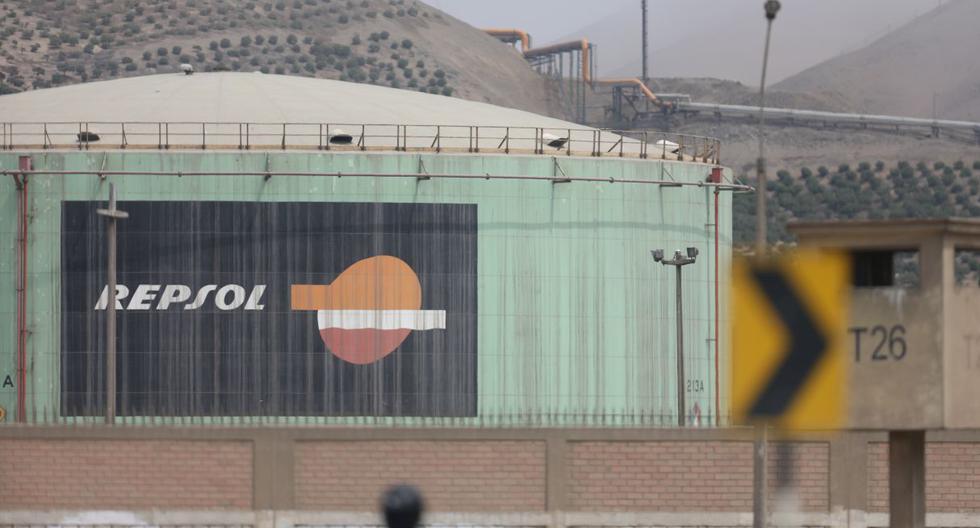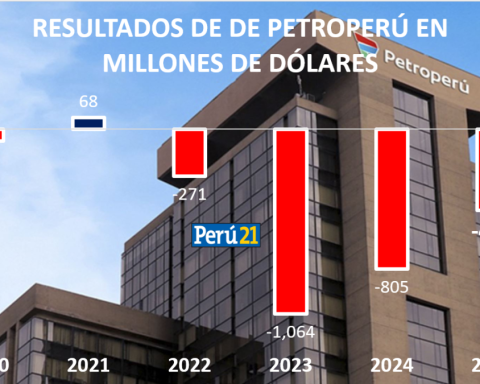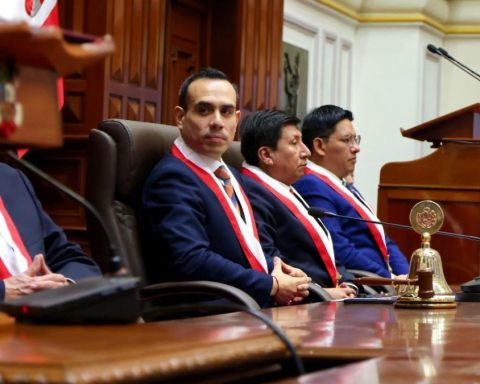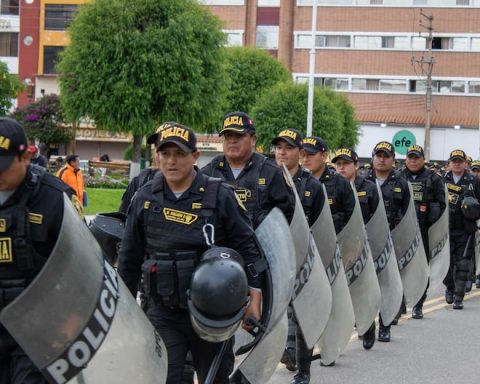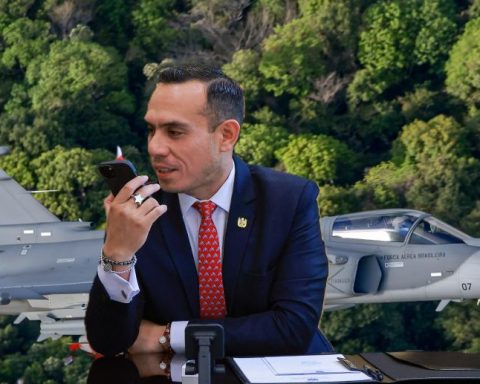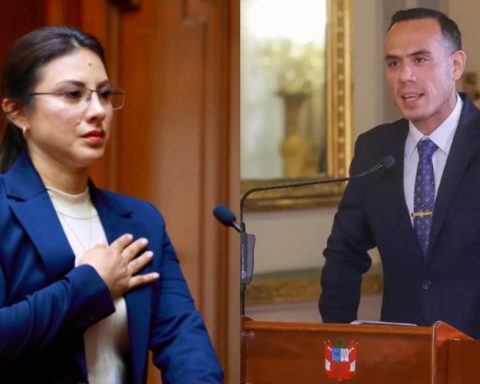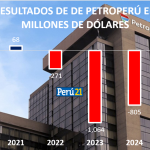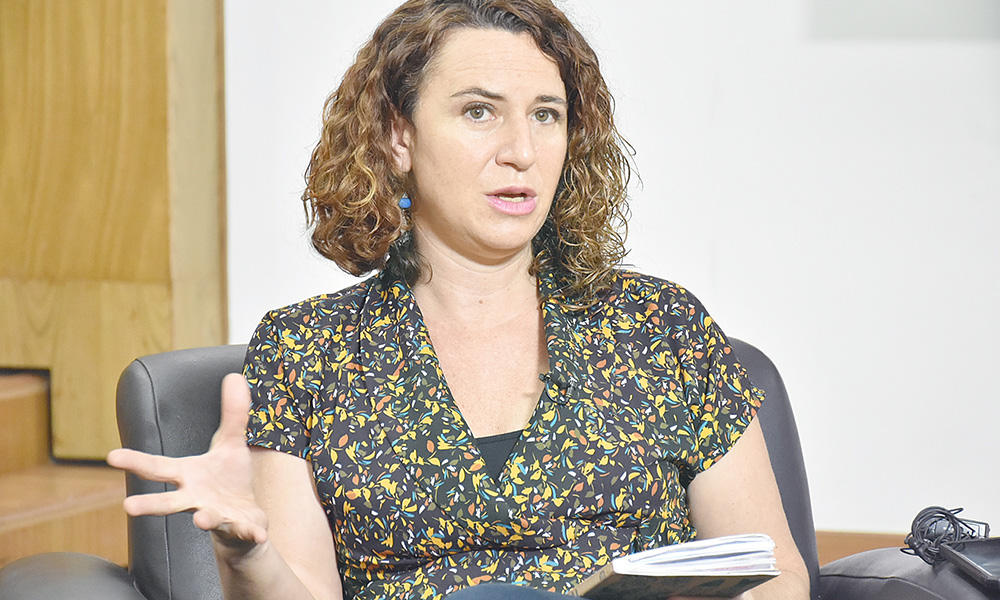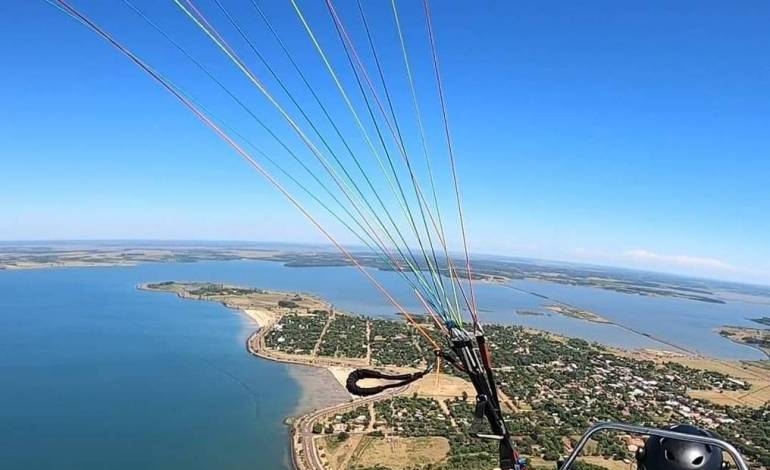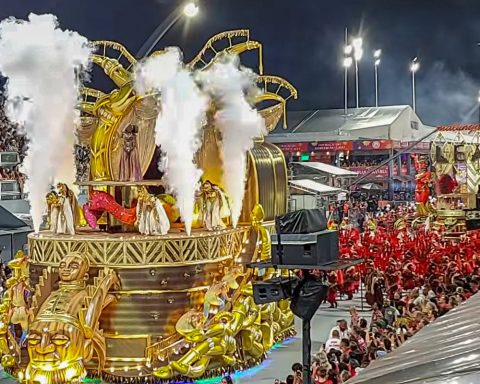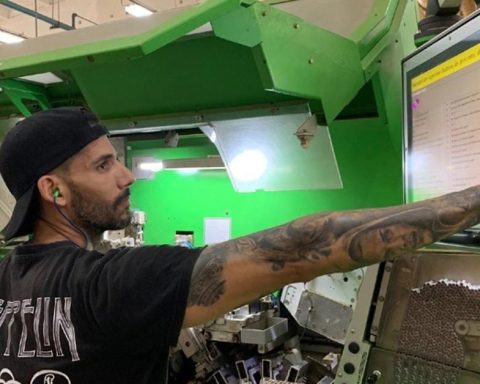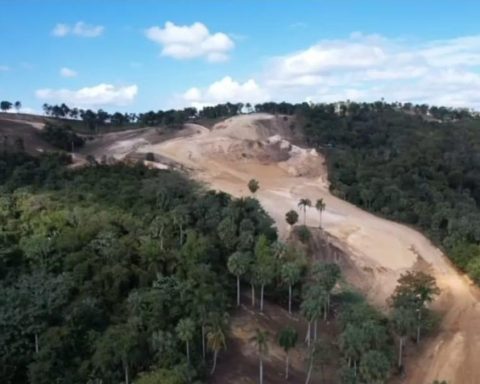The Repsol company has filed a claim with the owners of the Italian oil tanker Mare Doricum and its insurers for the spill of more than 10,000 barrels of crude oil in the Ventanilla Sea, which occurred on January 15.
WATCH THIS: Five tips to recognize a frozen fish product in good condition
According to El País, Repsol, through its lawyers, claims multi-million dollar compensation from the ship’s owner and his insurance. Likewise, it requires guarantees to cover the damages and expenses caused They consider that the accident -which caused the oil spill on the Peruvian coast- was caused by a sudden displacement of the oil tanker Mare Doricum.
Meanwhile, Efe explained that the initiation of these legal actions against the Italian oil tanker and its insurers “it supposes the beginning of the process of coverage of the damages caused by the spill”.
It should be remembered that the president of Repsol Peru, Jaime Fernández-Cuesta, assured last Friday before the Commission of Andean, Amazonian, Afro-Peruvian, Environment and Ecology Peoples of the Peruvian Congress that the crude leak was caused by the “anomalous movement” of the oil tanker when the hydrocarbon was unloaded from terminal 2 of the La Pampilla refinery.
“Our position is that this rupture, this spill, has been caused by an anomalous movement of the ship”, he pointed.
ECOLOGICAL DISASTER
According to Repsol data, the Peruvian coast received the spill of some 10,396 barrels of crude oil and affected an area of 105 square kilometers, while the Peruvian authorities say there were 11,900.
Meanwhile, Fernández-Cuesta reiterated on Friday the company’s commitment to “return the Peruvian coastline to its natural state” and highlighted the deployment of more than 2,450 people in charge of cleaning. The company expects to conclude the final stage of beach cleaning during this month, while in March it will finish the work in areas that require more detailed work.
AFFECTED ANIMALS
According to the National Service of Natural Areas Protected by the State (Sernanp), in the natural protected areas affected by the ecological catastrophe, more than 950 birds covered in oil have been registered, of species such as the cormorant, the guanay, the Peruvian booby, the pelican and the Peruvian seagull.
Until February 9, the Sernanp found 208 dead birds, while another 56 were rescued.
